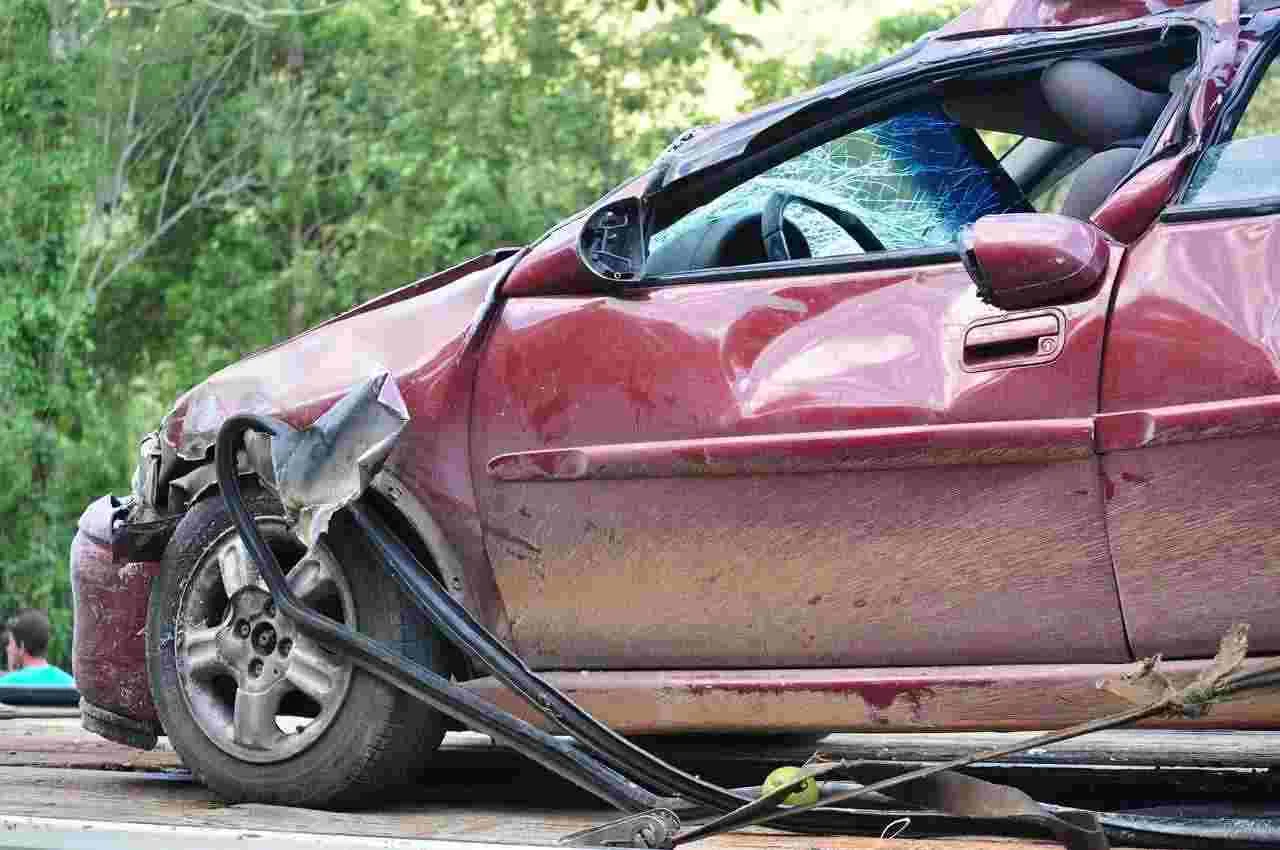Auto accidents can be complex, and determining fault is not always black and white. In Georgia, the legal concept of comparative fault comes into play, adding a layer of complexity to auto accident claims. In this guide, we’ll break down what comparative fault means, how it impacts auto accident claims, and what it entails for those seeking compensation.
Understanding Comparative Fault
In the aftermath of an auto accident, establishing fault is crucial for determining liability. Georgia follows a comparative fault system, which means that more than one party can share responsibility for the accident. This system takes into account the degree of fault assigned to each party involved in the incident.
How Comparative Fault Works
When an accident occurs, the insurance companies and courts assess the actions of all parties involved. If it’s determined that multiple parties contributed to the accident, each party may be assigned a percentage of fault. This percentage then affects the compensation each party is eligible to receive.
Impact on Auto Accident Claims
The presence of comparative fault in Georgia can impact the outcome of auto accident claims in several ways:
Reduction of Damages
If you are found partially at fault for the accident, the compensation you receive will be reduced proportionally. For example, if you are deemed 20% at fault, your total damages will be reduced by that percentage.
Determining Liability
Comparative fault often involves negotiations and legal proceedings to establish the degree of responsibility for each party. This process requires a careful examination of evidence and witness statements to determine the most accurate distribution of fault.
Legal Representation
Given the complexity of comparative fault, having legal representation becomes crucial. An experienced personal injury attorney can navigate the legal nuances, build a strong case, and advocate for a fair distribution of fault.
Contributory Negligence Defense
Georgia follows a modified comparative fault system with a 50% bar rule. This means that if you are found 50% or more at fault, you may be barred from recovering any damages. Understanding this rule is essential when pursuing a claim.
Conclusion
Navigating auto accident claims in Georgia involves grappling with the concept of comparative fault. Understanding how this system works, its impact on damages, and the importance of legal representation is crucial for those seeking compensation. If you find yourself in a situation involving shared responsibility, being informed about Georgia’s comparative fault laws will empower you to navigate the legal landscape more effectively.


